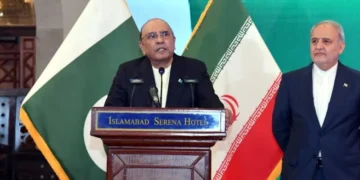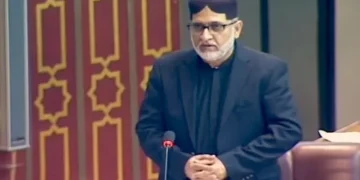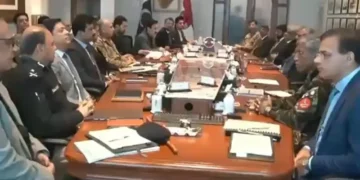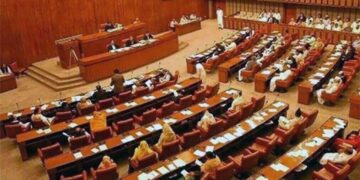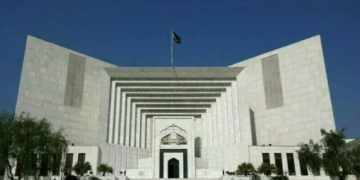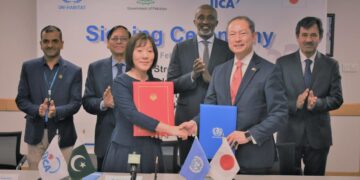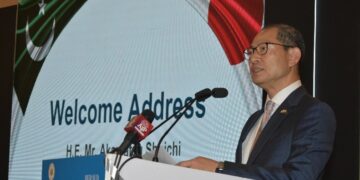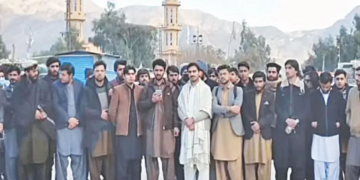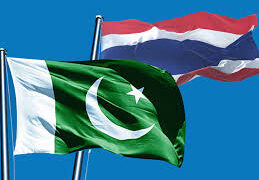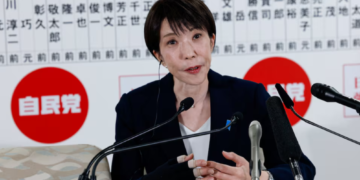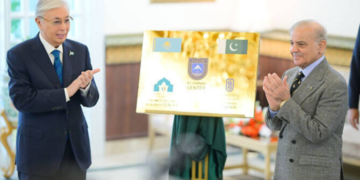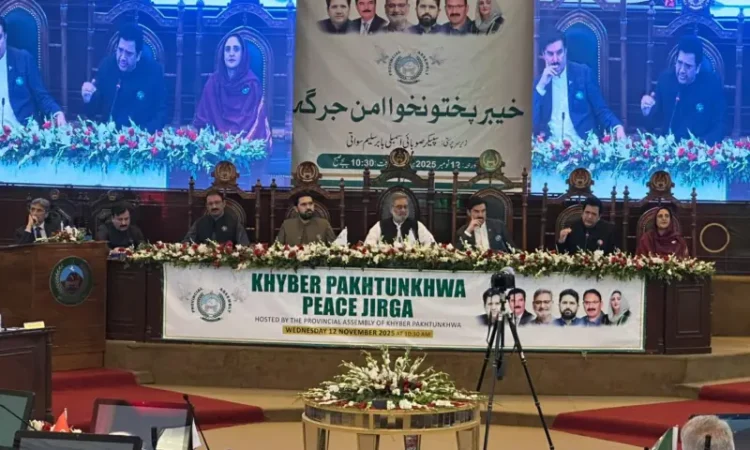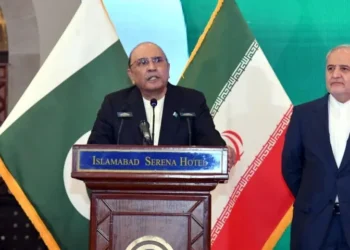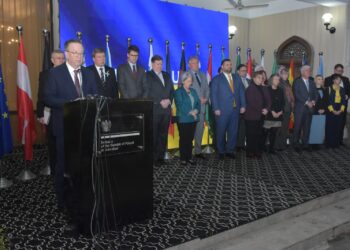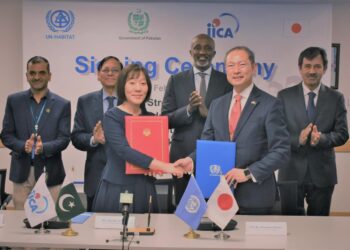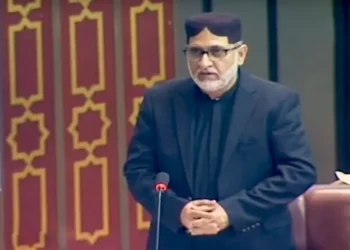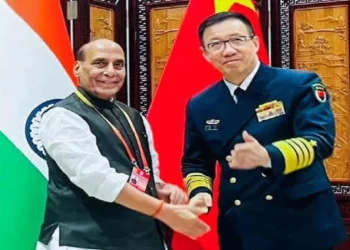PESHAWAR; Khyber Pakhtunkhwa Chief Minister Sohail Afridi on Wednesday called for an overhaul of Pakistan’s counterterrorism strategy, emphasizing inclusive decision-making and consultation with all political and social stakeholders.
He was addressing a multi-party peace jirga organized by the KP government to deliberate on the province’s deteriorating law and order situation and to seek long-term strategies for peace restoration.
Speaking to a large gathering of political leaders, tribal elders, and representatives of civil society at the KP Assembly, Afridi said the time had come to move away from “decisions made behind closed doors” and towards an approach that values collective wisdom.
“We must step out of closed rooms, consider others intelligent, and include all political and social actors—our security forces, politicians, and the people of KP—in decision-making,” he said.
Afridi stressed that the province could no longer afford short-term or reactionary policies. “Our goal should not be temporary peace that fades after a few years, but a permanent solution that eliminates terrorism once and for all,” he said.
The chief minister recalled that the people of Khyber Pakhtunkhwa had endured over two decades of relentless terrorism, paying a heavy price in both lives and economic stability.
Governor Faisal Karim Kundi, who attended the jirga at Afridi’s invitation, hailed the initiative as “a reflection of collective wisdom and national unity.”
He proposed forming a special committee including representatives of all parties, whether inside or outside the provincial legislature, to ensure that such dialogues continue. “We must think about the future and not be trapped in the politics of the past,” Kundi said.
Highlighting the worsening security situation, the governor noted that militants had begun using advanced weapons such as night-vision rifles and thermal snipers. “Our province alone cannot handle this evolving threat. The federal government, military, and security agencies must cooperate closely with the province,” he urged.
Afridi also demanded KP’s full constitutional share of Rs400 billion in the National Finance Commission (NFC) Award, stressing that while administrative merger of former FATA areas was completed, their economic integration remained pending.
The jirga was attended by key opposition parties including the Awami National Party (ANP), Jamiat Ulema-i-Islam-Fazl (JUI-F), and Jamaat-e-Islami (JI). KP Assembly Speaker Babar Saleem Swati chaired the meeting, with PTI’s Junaid Akbar and PML-N’s opposition leader Ibadullah Khan seated alongside the chief minister.
Former National Assembly Speaker and PTI leader Asad Qaiser called on both Islamabad and Kabul to use diplomatic channels to reduce tensions and coordinate security cooperation. “Peace in Pakistan is impossible without peace in Afghanistan,” he said.
ANP leader Mian Iftikhar Hussain urged the government to discard the “good Taliban, bad Taliban” narrative, insisting that terrorism must be fought through consistent and transparent implementation of the National Action Plan. “The ANP faced militancy head-on. We led from the front in Malakand and brought the displaced people home,” he said.
PML-N’s Ibadullah Khan said the jirga marked an unprecedented moment of unity in KP politics. “We have put aside political rivalries to sit together for peace,” he said, warning against any negotiations with militants. “There can be no pardon for those who beheaded our children.”
Governor Kundi, representing the PPP, echoed this spirit of consensus, saying, “We must set aside politics and think collectively about the province’s development.”
Former CM Mehmood Khan of PTI-Parliamentarians emphasized that dialogue must lead to tangible outcomes. “We have had peace jirgas before—what happened to their results?” he asked. “The current government must now take ownership and engage directly with key stakeholders to ensure that these discussions turn into action.”
Speakers throughout the event emphasized that the people, political parties, and security forces had all sacrificed for peace. Afridi reiterated that war should always be the last resort. “Our politics may differ, but our peace is shared,” he said.
The jirga came amid a fresh wave of militant attacks across KP and the rest of Pakistan. Recent incidents in Bannu, Wana, and Islamabad, including a bombing that killed 12 people in the federal capital, underscored the urgency of united action.
“The enemies of peace want to sabotage our unity, but they will fail,” said former KP minister Kamran Bangash in a statement before the meeting.
The gathering concluded with prayers for the martyrs of terrorism and a unanimous commitment from all political parties to continue dialogue for restoring lasting peace in the province.


